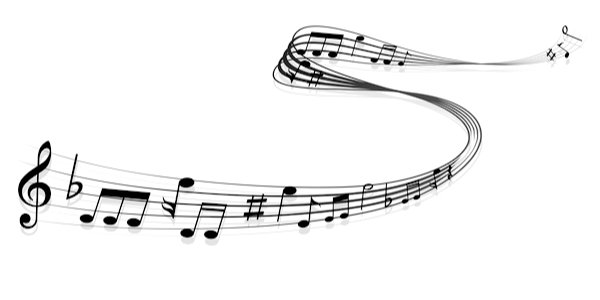THIS IS the seventh and last part of the Requiem by Gabriel Fauré (1845-1924). It is not strictly speaking an Easter work, but is often played at Easter services, and it is so beautiful I had to include it.
Fauré seems to have had a rather disjointed family life. As the youngest of six children he was sent to live with a foster mother until he was four, when his father was appointed had of a teacher training college in south-western France. There was a chapel attached to the school.
He recalled: ‘The only thing I remember really clearly is the harmonium in that little chapel. Every time I could get away I ran there – and I regaled myself … I played atrociously … no method at all, quite without technique, but I do remember that I was happy; and if that is what it means to have a vocation, then it is a very pleasant thing.’
From the age of nine Fauré was a boarder at a Paris music school, the École Niedermeyer, learning to play the organ as well as composition. Among his tutors was Camille Saint-Saëns.
Fauré made a living as an organist and teacher but success as a composer was a long time coming. He often destroyed works after a few performances. From his thirties he was subject to bouts of severe depression.
He started his Requiem in 1887 and revised it until the final version of 1900. In Paradisum is to be sung as the body is being taken from the church for burial. Fauré told an interviewer: ‘It has been said that my Requiem does not express the fear of death and someone has called it a lullaby of death. But it is thus that I see death: as a happy deliverance, an aspiration towards happiness above, rather than as a painful experience.’
This is the text:
‘In paradisum deducant te angeli; in tuo adventu suscipiant te martyres, et perducant te in civitatem sanctam Jerusalem. Chorus angelorum te suscipiat, et cum Lazaro quondam paupere æternam habeas requiem.’
‘May the angels lead you into paradise; may the martyrs receive you at your arrival and lead you to the holy city Jerusalem. May choirs of angels receive you and with Lazarus, once (a) poor (man), may you have eternal rest.’
The manuscript score of the Requiem is in the Bibliothèque Nationale in Paris, and this is a page from In Paradisum.
This performance is by the choir of King’s College Chapel, Cambridge, at their 2012 Easter Service.
In 1924 the Requiem, in its full orchestral version, was performed at Fauré’s own funeral. Here it is by a French choir, ARTE Concert, on the centenary of the composer’s death last year.











